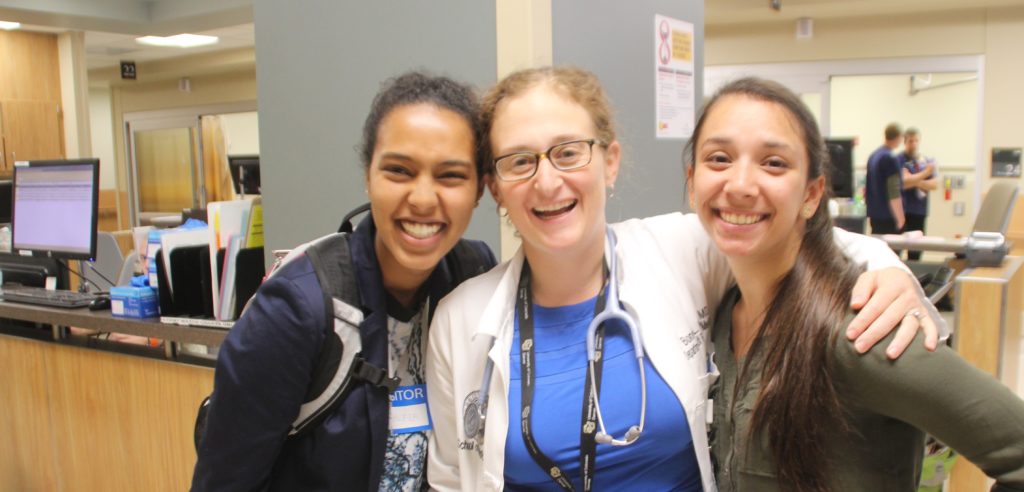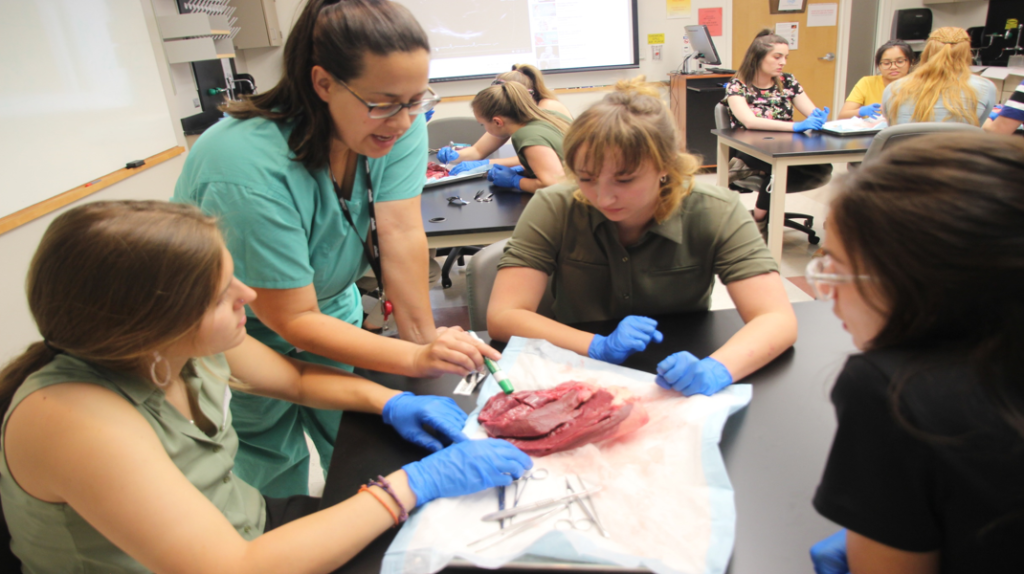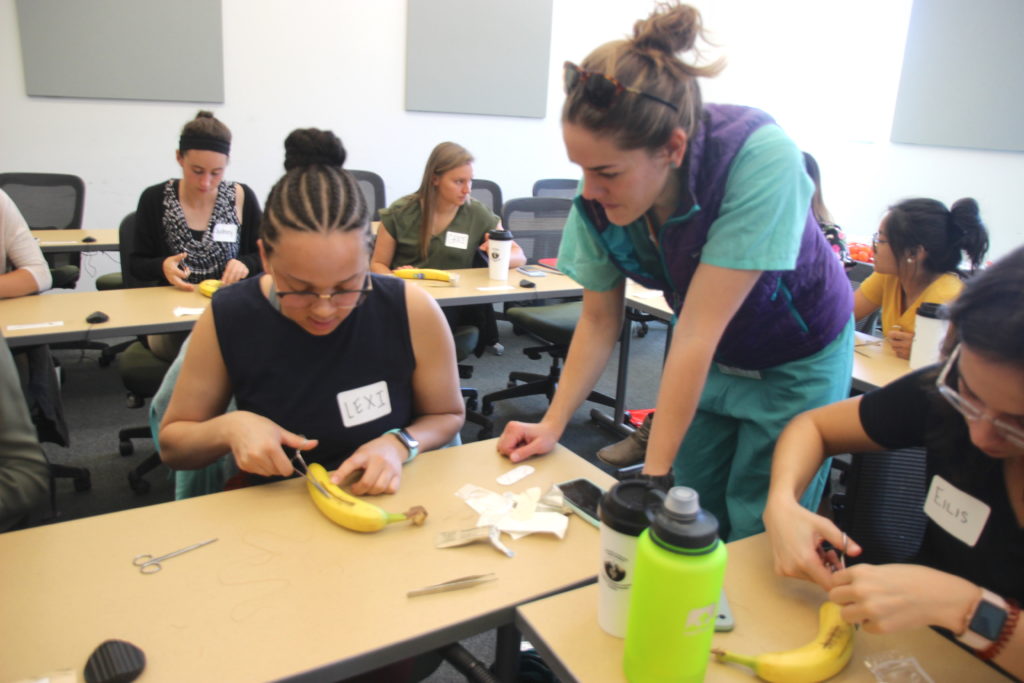[vc_row][vc_column][vc_column_text]By: Alessandra Santiago
This fall semester begins the year-long countdown to submitting medical school applications. For many students, this is an academic year of unique stressors, both academic and personal. Now more than ever, time management is crucial to stay on top of the growing list of to-do items for submitting applications.
At the start of this process, consider one of the application components that is fully reliant on an outside party: your letters of recommendation (LOR). Do you know yet who will serve as your letter writers? Maybe you’ve already snagged a few choice letter writers along the way already. Maybe you are unsure who you will call on come application time. Maybe you have a few names floating around, but you don’t know which to select.

Wherever you are, exceptional LOR writers are essential for professional school admission. Your writers externally verify who you are, and can speak to aspects of your character and experiences that you may not have explored in your essays.
Now is the time to start thinking about who will serve as your writers. This includes starting to foster relationships that may have grown stagnant over the years.
Our application breakdown will make clear what tasks to complete and when over the course of this academic year. Starting with selecting your letters of evaluation writers and considering when to take the MCAT, the beginning of the academic year is the time to start familiarizing yourself with the overall application process.

A few logistics to consider: the AMCAS application has slots for up to 10 letters per applicant, though most students do not need all 10. Selecting between 3-6 stellar letter writers for your application should suffice, but you must be strategic: an organic chemistry lecturer for a class of 300 students in which you received an A may not be able to speak to your work as a team player and engaged learner as well as an instructor for a ten-person biology seminar in which you received a B+. Pick your writers carefully.
Finding out what your schools of interest require is a good jumping-off point to building your list of letter writers. Most medical schools require:
- Two science academic writers (e.g. one can be a ‘panel’ letter from a formal post-baccalaureate program)
- One non-science academic writer
- Not required, but valuable: Professional letters from either your work, research, or volunteer experiences
- Not required, but valuable: a letter from a professional in the field
An effective letter of recommendation will highlight different aspects of who you are as an applicant depending on the type of letter requested. General guidelines are offered by the Association of American Medical Colleges for academic writers. You can provide this document to your letter writers when you make the ask.

Academic letter writers should reflect your academic performance, teamwork skills, intellectual curiosity, and any other relevant markers of your ability to synthesize information quickly and effectively. Professional letter writers should be able to reflect on your ‘soft’ personality traits, including: communication skills, social and interpersonal skills, and reliability.

It is a good idea to select and start reaching out to your letter writers by the end of 2019 at the latest. Informing your writers of your intention to apply for the 2020 cycle early on is a good strategy, especially if your faculty writers have myriad other letters to write. Reach out early and provide timely reminders every few months as you approach your deadline (you want your letters uploaded before you submit your secondary applications in July/August of 2020).
By the end of September or mid-October, consider making your first ‘ask’ to your letter writers. Our advice for selecting your letter writers are as follows:
- Seek out individuals who know you well. That said, don’t pick your mom or family members!
- Set up a time to have a conversation with your letter writers in person. Send an email to first request a meeting to discuss your medical school application in 2020, then make your first request in person. Ask your potential writers if they are willing to write you a supportive letter of recommendation.
- If your writers agree, it can be good etiquette to provide them with your current resume—emphasizing the descriptions you are using for the activities that you share with your letter writer—and a draft of your personal statement. Ask them what information they need from you to write an effective letter.
- If appropriate, share with your letter writers your motivation to attend medical school, past academic and extracurricular experiences, and future goals.
- Instruct your writers to upload their letters to Interfolio to hold the letters until they are needed for your application, or they can upload their letters directly to your AMCAS application.
- Write thank-you notes to your letter writers when they have uploaded your letters of recommendation. Given that writing letters of recommendation are not required of faculty members, it is always a nice gesture to write a short thank-you note once your writers have uploaded their letters. A handwritten note is better than an email!

| Assignment #2: Select and ask letter writers to compose letters of recommendation for your med school application before the end of 2019. Schedule meetings with your writers to make the ask and inform them of the application timeline. Consider preparing a current resume and draft statement of purpose for your letter writers (these can both change as you get closer to the application!). Send your letter writers a thank you note once they have submitted your letter. |
Stay tuned for our next article that will release on September 23! If you are interested in learning more about the application process or how to navigate the Pre-Med journey go to our Getting Into Med School: Tips and Tricks Blog.
